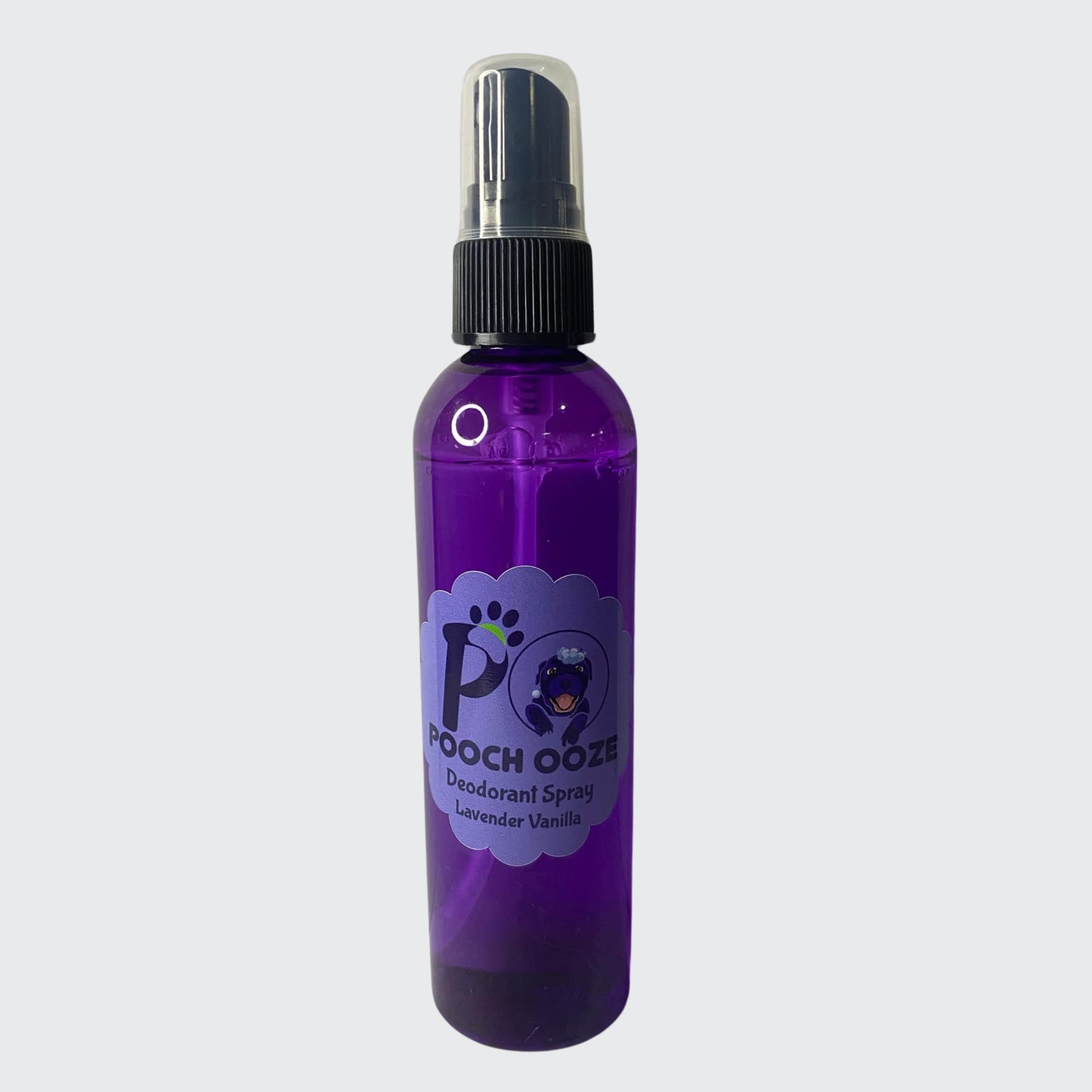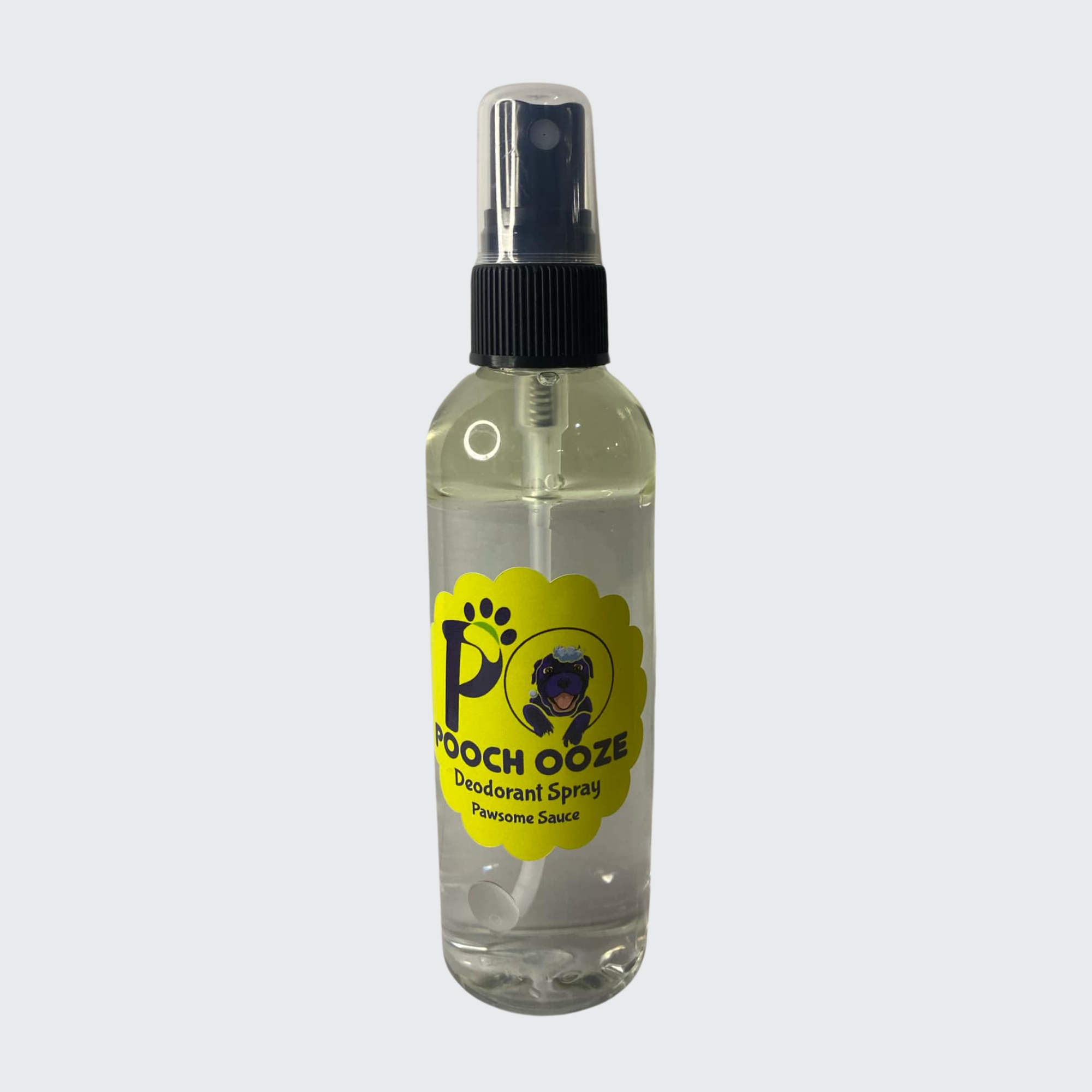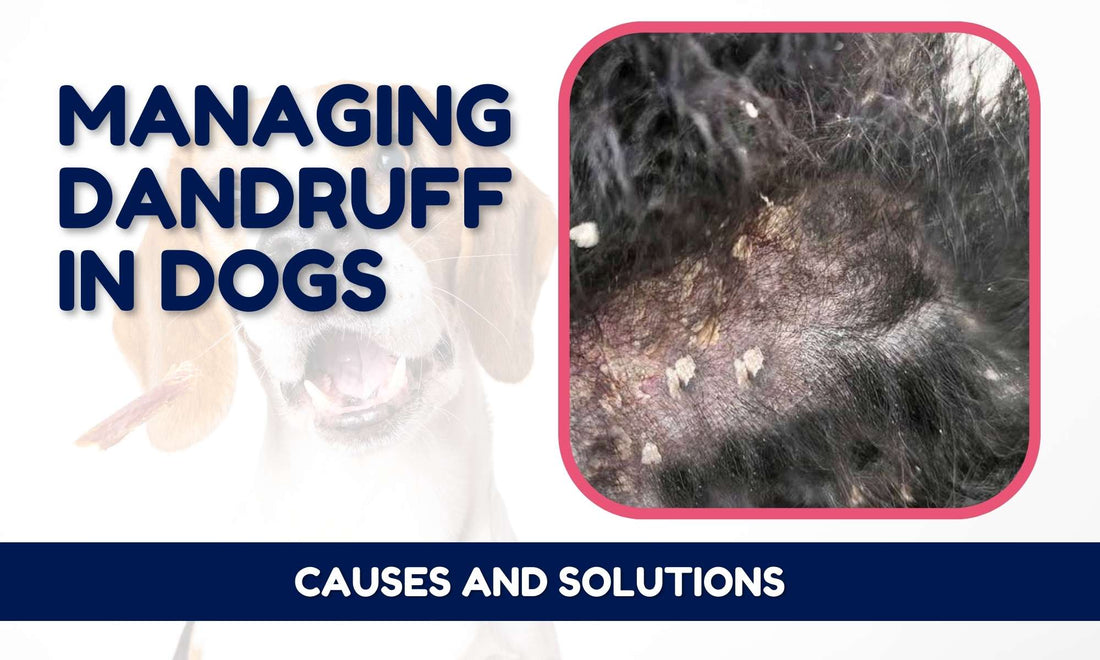Dandruff is a common skin condition that affects not only humans but also our furry friends, dogs. Just like us, dogs can develop dandruff, leading to flaky and itchy skin. Understanding the causes behind dandruff in dogs is crucial for effective management and providing relief to our canine companions. This article will explore the causes of dandruff in dogs and provide practical solutions to manage and alleviate this condition.

What is Dandruff in Dogs?
Dandruff in dogs refers to the presence of dead skin cells on the coat and skin. It is often accompanied by itching, redness, and irritation. While dandruff itself is not a serious health concern, it can indicate underlying issues that require attention. By identifying the causes of dandruff, dog owners can take appropriate steps to address the root cause and provide relief to their beloved pets.
Can Dogs Experience Dandruff Similar to Humans?
Certainly! Just like humans, dogs can also develop dandruff, which occurs when dead skin cells flake off and accumulate on the hair and other surfaces. While humans primarily experience dandruff on the scalp, dogs commonly develop it on their backs, particularly towards the tail.
You might observe dry white flakes on your dog's fur or in areas where they frequently rest or sleep. Additionally, you may notice dry skin and witness flakes falling off when you give your furry friend a good scratch.
The medical term for dandruff in dogs is seborrheic dermatitis. Dogs possess sebaceous glands in their skin that produce sebum, an oil responsible for maintaining skin moisture and flexibility. When these glands produce an excessive amount of sebum, it disrupts the skin's balance. There are two forms of seborrheic dermatitis: seborrhea sicca (dry seborrhea) and seborrhea oleosa (oily seborrhea). Dogs can exhibit a combination of both conditions.
Understanding the Causes of Dog Dandruff
Several factors can contribute to dandruff in dogs:
Poor Diet
A dog's diet plays a crucial role in maintaining healthy skin and coat. Inadequate nutrition, such as a diet lacking essential fatty acids, can contribute to dry and flaky skin, leading to dandruff. Ensure your dog's diet includes high-quality protein, omega-3 fatty acids, and a balanced mix of vitamins and minerals.
Allergies
Allergies, whether food-related or environmental, can trigger dandruff in dogs. Common allergens include certain ingredients in dog food, pollen, dust mites, or even certain fabrics. Identifying and eliminating the allergen from your dog's environment can help reduce dandruff.
Dry Skin
Just like humans, dogs can experience dry skin, especially during colder months or in arid climates. Dry air and lack of moisture can strip the skin of its natural oils, leading to flakiness and dandruff. Providing adequate hydration and using moisturizing products can help alleviate dryness.
Parasites
External parasites like fleas, ticks, or mites can cause itching, irritation, and dandruff in dogs. These pests not only feed on your dog's blood but can also introduce allergens and irritants to the skin. Regular flea and tick prevention, along with proper grooming, can help combat dandruff caused by parasites.
Infections
Certain skin infections, such as fungal or bacterial infections, can contribute to dandruff in dogs. These infections can disrupt the normal balance of the skin, leading to flakiness and discomfort. Timely diagnosis and appropriate treatment from a veterinarian are essential for managing dandruff caused by infections.
Solutions for Managing Dandruff in Dogs
Improving Diet
Start by ensuring your dog's diet is well-balanced and provides all the necessary nutrients. Consult with your veterinarian to determine if any specific dietary changes or supplements can help improve your dog's skin and coat health. Incorporating foods rich in omega-3 fatty acids, such as fish oil, can have a positive impact on skin condition.
Regular Grooming and Brushing
Regular grooming and brushing are essential for maintaining a healthy coat and skin. Brushing helps remove dead skin cells and distribute natural oils, reducing the occurrence of dandruff. Use a brush suitable for your dog's coat type and follow a grooming routine recommended for their breed.
Moisturizing the Skin
If your dog has dry skin, consider using a moisturizing shampoo or conditioner specifically formulated for dogs. These products help hydrate and nourish the skin, reducing flakiness and dandruff. Avoid using human shampoos or products that may contain ingredients harmful to dogs.
Treating Parasites and Infections
If your dog has dandruff due to parasites or infections, it's crucial to address these underlying issues. Consult with a veterinarian who can prescribe appropriate medications or treatments to eliminate parasites and resolve infections. Follow their guidance for administering the medication and ensure you complete the recommended treatment course.
Preventing Dandruff in Dogs
Prevention plays a crucial role in managing dandruff in dogs:
Regular Baths: While excessive bathing can contribute to dry skin, regular baths with appropriate dog shampoos can help remove dead skin cells and maintain skin health.
Balanced Diet: Providing your dog with a balanced and nutritious diet can promote overall skin health. Ensure their diet includes essential fatty acids, vitamins, and minerals.
Allergy Management: If your dog has known allergies, diligently manage and minimize their exposure to allergens. Avoid triggers and consider allergy testing or working with a veterinarian to develop an appropriate management plan.
Flea and Tick Prevention: Regular use of flea and tick prevention methods is vital in preventing infestations and subsequent skin irritation that can lead to dandruff.
Humidifier: In dry environments, using a humidifier can help maintain proper moisture levels in the air, benefiting your dog's skin health.
Determining When to Consult the Veterinarian Regarding Your Dog's Dandruff Issue
If your furry companion exhibits mild dandruff occasionally or during certain seasons, there is typically no need for immediate concern. However, it is advisable to arrange a veterinary appointment if your dog also experiences any of the following indications:
• Persistent itchiness
• An unpleasant odor emanating from the skin
• Abundant dandruff
• Noticeable hair loss
• Redness and irritation of the skin
• Manifestation of other signs of illness or discomfort
To diagnose the root cause of your dog's dandruff, the veterinarian will assess your dog's specific symptoms and make informed assumptions based on a physical examination. The vet might conduct a skin scrape to identify the presence of parasites, a culture to detect potential fungal and bacterial infections, and/or blood tests to evaluate underlying systemic disorders.
Addressing Additional Health Conditions
In addition to implementing home care measures to handle dandruff, it is essential to provide appropriate treatment for any underlying health conditions your dog may be experiencing. This may involve administering antibiotics to combat bacterial infections, utilizing antifungal medications to address fungal infections, administering steroids and/or immunosuppressants to manage immune-mediated disorders, as well as conducting allergy testing and prescribing relevant medications. By effectively addressing the underlying condition, your dog's skin will significantly improve in health and condition.
Conclusion
Managing dandruff in dogs requires understanding the underlying causes and implementing appropriate solutions. By addressing issues such as poor diet, allergies, dry skin, parasites, and infections, dog owners can help alleviate dandruff and improve their furry friend's overall skin and coat health. Regular grooming, proper nutrition, and consultation with a veterinarian are key steps towards managing dandruff and ensuring the well-being of your beloved canine companion.
Top questions and answers on dog dandruff:
Can dandruff in dogs be a sign of a serious health issue?
Dandruff in dogs is often a result of underlying issues but is not always a sign of a serious health problem. However, it's essential to monitor your dog's overall health and consult with a veterinarian if the dandruff persists or is accompanied by other concerning symptoms.
Are there any home remedies for managing dandruff in dogs?
While there are some home remedies that may provide temporary relief, it's crucial to consult with a veterinarian for an accurate diagnosis and appropriate treatment. Home remedies should not substitute professional advice and may not address the underlying cause effectively.
How often should I bathe my dog with dandruff?
The frequency of bathing depends on various factors, including your dog's breed, skin condition, and activity level. Generally, bathing once every 4-6 weeks is sufficient for most dogs. However, if your dog has dandruff, consult with a veterinarian for specific recommendations tailored to your dog's needs.
Is it possible to prevent dandruff in dogs?
While it may not be possible to completely prevent dandruff in dogs, maintaining a healthy diet, regular grooming, and addressing underlying issues promptly can significantly reduce its occurrence. Taking preventive measures such as using flea and tick preventives and keeping your dog's environment clean can also contribute to preventing dandruff.
Can certain dog breeds be more prone to dandruff?
Yes, certain dog breeds may be more prone to dandruff due to their skin type or coat characteristics. Breeds with double coats, such as Huskies or German Shepherds, may require more attention to prevent and manage dandruff. However, dandruff can affect dogs of any breed, and proper care is essential for all dogs to maintain healthy skin and coat.



